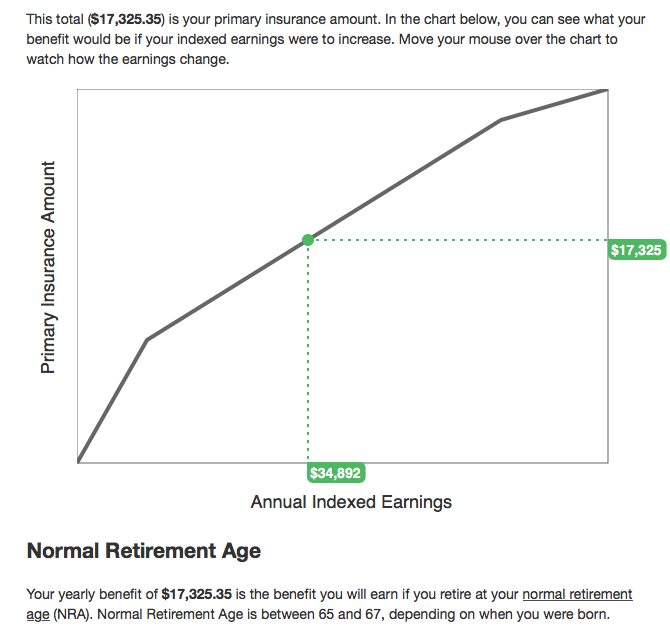Building a Kid’s Cubby Dresser
Before Frugal Boy was born, I built a changing table slash dresser to store all of his clothing. That piece of furniture has served us very well for the past three years, but with the pending arrival of another child, we need more storage space. There is a little nook in the kid’s room that looked like an opportune location to place a cubby system.
Shae and I looked around the big box home improvement stores at different storage systems, but the problem was that the dimensions were never right for the space. They were also quite pricey, to the tune of $80.
It became fairly obvious that we’d need to build something ourselves.
I sketched out a rough idea based off a simple height x width measurement that I made of the space.
Then, I went to Menards and picked up:
- (2) 1×12-8′ #2 Quality Board
- (2) 1×2-8′ Select Board
I already had:
- wood glue
- 1 1/4 pocket screws
- 16 ga finish nails
- 1×3-4′ poplar board
After making the cuts in the garage, I brought the pieces inside to assemble where it was warm. Here it is dry fitted (note some of the face boards are not present).
Here is the exploded view that I drew prior to making cuts.
The assembled end product.
Finally, here it is in place. It looks so snug in that spot. If I get motivated I will paint it and add a seat cushion to the top.
The total cost of materials was $26 and it took me about 3 hours to put together from bringing home the material to putting it in place.











